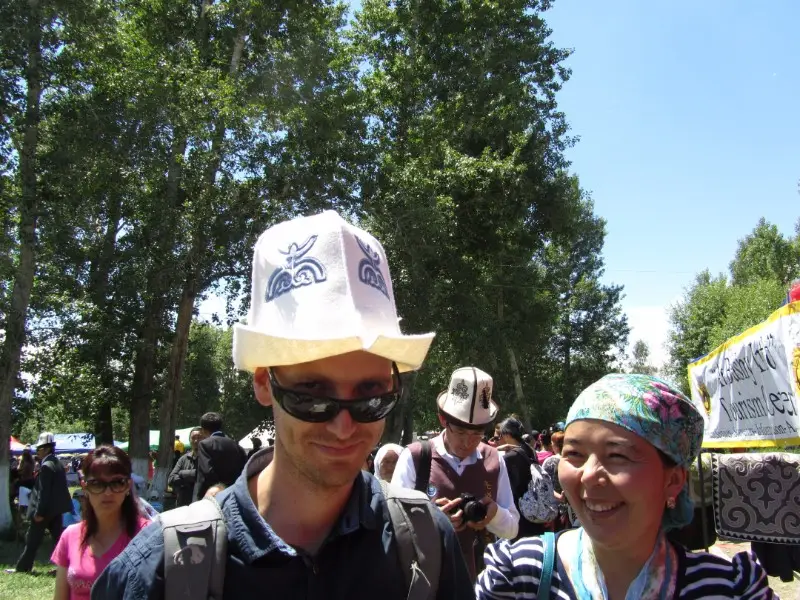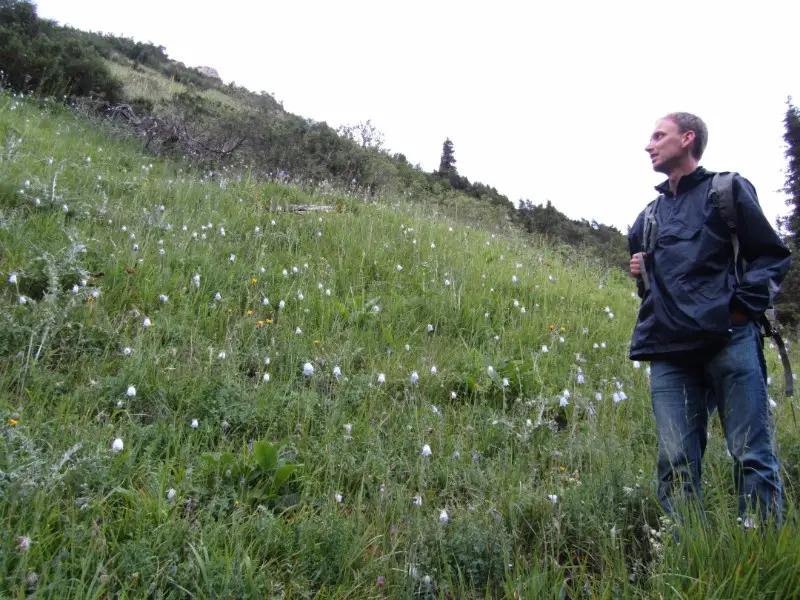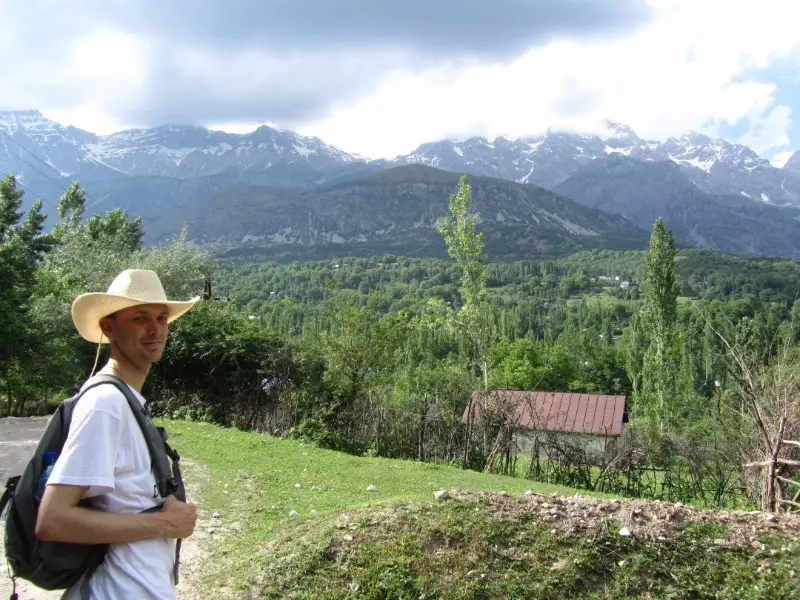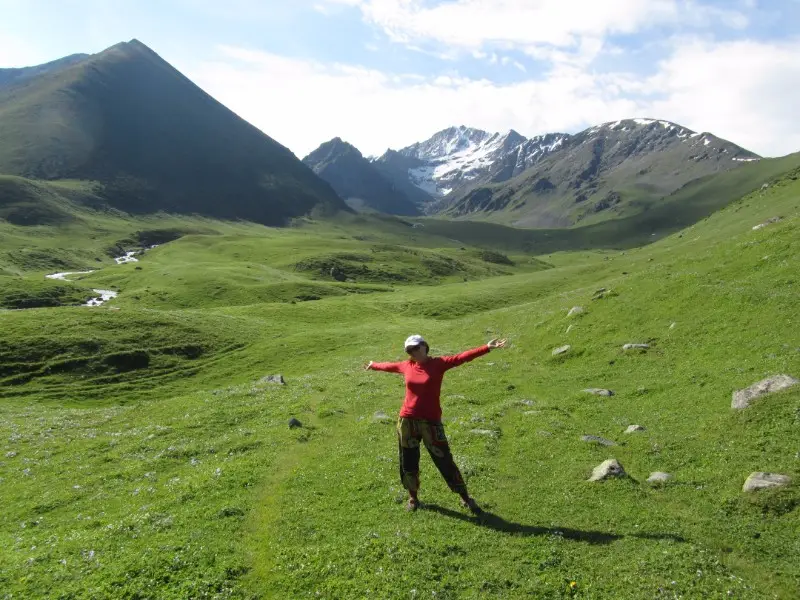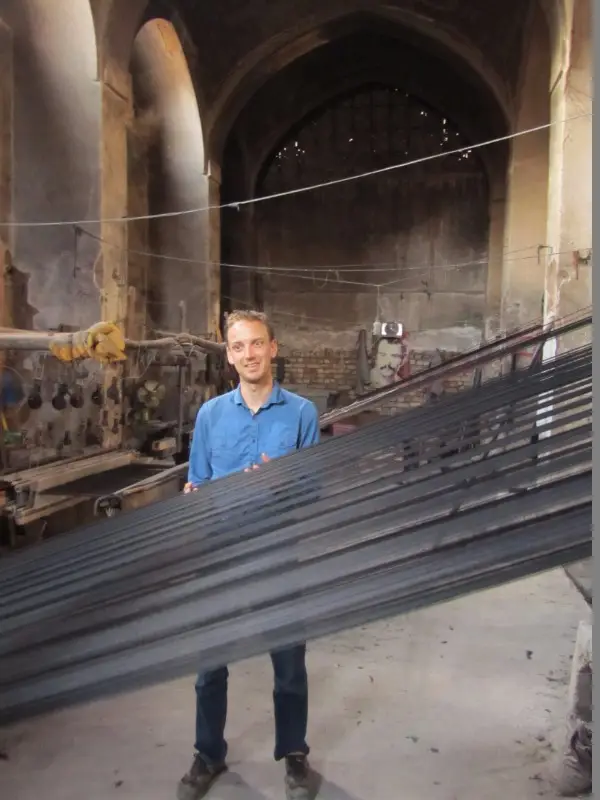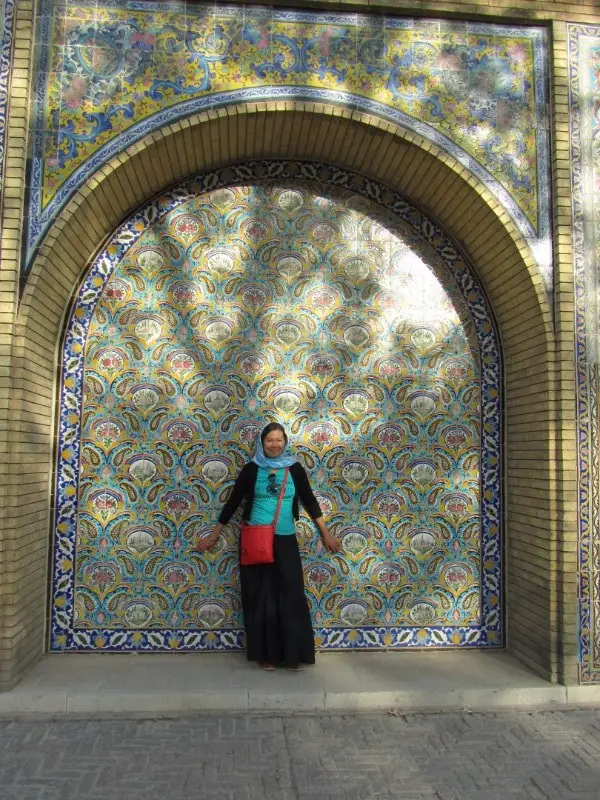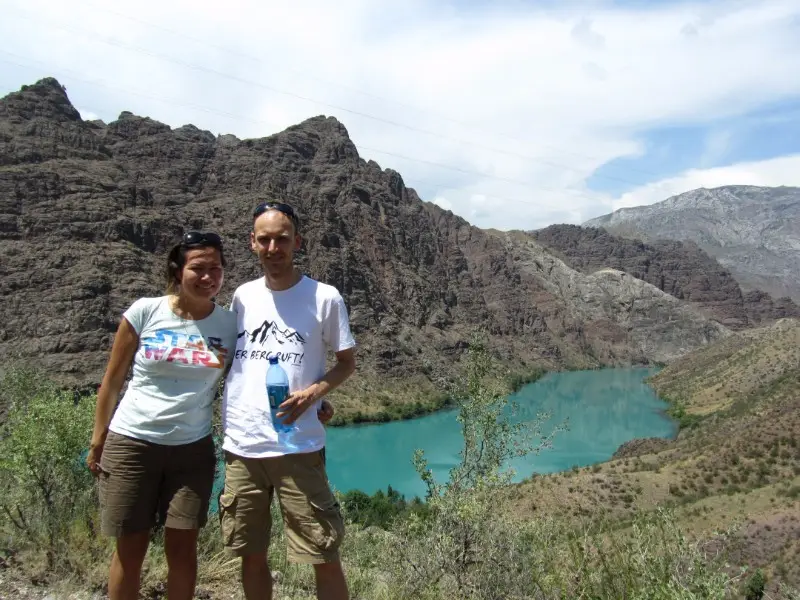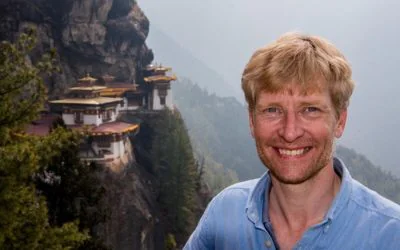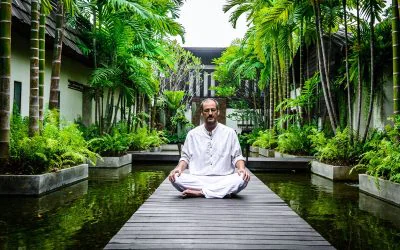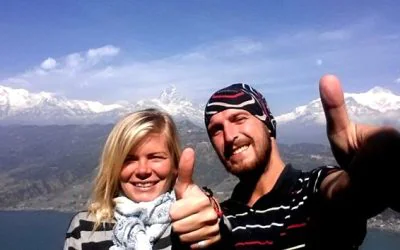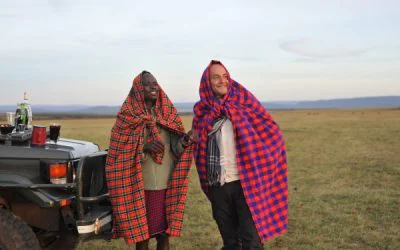Steven, tell us something about your background and how your interest in travel developed.
I grew up in Belgium, where I live again today. I have always been a very curious person, and this is why I travel – I am just curious, and I get interested in almost everything I come across.
I only started traveling after I finished university; I was not aware of it at the time, but in hindsight, school really depressed me and sucked the creativity and curiosity out of me. In my 20s I became a traveler, and I cannot see myself not being a traveler of some kind for as long as I live.
You are the founder of Caravanistan. What attracted you specially to Central Asia of all the world regions?
I met my future wife in Kazakhstan when I first visited in 2010; she is my anchor in the region. I was looking for some time already for meaningful work: I wanted to be a travel writer, and in Central Asia I found a topic that suited my personality (a bit offbeat, bit difficult, away from the mainstream) and a job that was also very useful for others. Travel in the region was very complicated when I started (and still is, to a certain extent), and I enjoy digging out the truth and helping travelers.
I like Central Asia obviously, but I could have just as easily ended up in Liberia, Samoa or Paraguay. I was ready to start something new, and Central Asia just happened to be there waiting for me.
Tell us a little about the joys and challenges of managing the site and the project itself and what you have learned from it.
One of the main attractions of Central Asia is not only the land and its people, but also the travelers. It’s still a destination away from the mainstream, and so we get a lot of interesting characters on our website. I met a lot of really inspiring travelers over the past 6 years. That is one great joy.
The other big joy is that I really get to know the place. It is not necessary for me to visit every country on earth. I find it much more enriching to go really deep, discover new places, histories, people, vistas,… Caravanistan really allows me to do that, and writing about a place makes you look more closely. You make more effort, and the reward is all the greater for it.
The challenge, on the other hand, is clear: it is a huge amount of work to write a travel guide for such a big region all on your own, and since Central Asia is not a popular place, earning money to fund this project has been the biggest issue.
Of the countries presented, which one is your personal favourite and why?
My 2 favourites are Kazakhstan and Turkmenistan. They are the least popular, but most layered destinations. Their interest and beauty does not present itself on a platter like with Kyrgyzstan, Tajikistan or Uzbekistan. Only when you really take the time to peel away the different layers do you understand how rich in interest these countries are.
I also like the atmosphere: warm, sedate, a feeling of freedom. And it’s fun. I have had a lot of fun in Kazakhstan and Turkmenistan.
Tell us a couple of travel stories that have really made an impact on you.
Last summer we visited the hometown of my mother-in-law, in the north of Kazakhstan near Semey, for a memorial service. It was once a thriving farming village of a few thousand people, but after the fall of the Soviet Union, it collapsed like everything else, and the place became a ghost town. Now, just a few old people still live there amidst the ruins.
Relatives from around the country came for the service, and while everyone was preparing for the big festive meal, I walked around the village with my uncle-in-law, inviting the few people who still lived there for the party. He showed me around: where his house used to stand, where his fields once were, where they swam in the river and where his street once was.
It really shook me. Of course I knew what a terrible disaster the collapse of the Soviet Union had been for locals, and I had read all about it and discussed it many times. I understood it, intellectually. However, walking through this town that disappeared, with a man talking about his childhood and pointing at ruins and stands of grass, I imagined it was my hometown, and I finally understood the disaster on an emotional level. It really shook me.
Do you also travel beyond the regions of ‘Caravanistan’?
Sure. I love Europe. The variety of cultures, landscapes and climates you can experience in such a small space is amazing. I know its history, I can speak to people, it all makes it more interesting. The ease of travel here is a nice antidote to my love of Central Asia, with its big distances, corrupt officials and nasty stomach bugs.
My home region of Benelux, North France and West Germany is of special interest. Besides that, I really love Italy (the most beautiful country in the world) and the Balkans (always a lot of fun).
Which countries surprised you, positively or negatively, compared to what you had expected before you went there?
All of them. Before you go somewhere, you make a mental picture of it in your head based on snippets of information from locals, other travelers and media. You are just sketching a rough black-and-white picture based on someone else’s opinion about a few distinct topics.
When you arrive, suddenly you get gigabytes of info per second, in full colour, directly fed to your brain by your senses, unmoderated by someone else’s thoughts. Of course, this will radically change your idea about a place. Media is no substitute for experiencing a place by yourself.
So what are your travel plans in the future?
I am a very slow traveler. I have a lot of work in Central Asia, it will take me a lifetime to discover it all. The Caucasus, both north and south, also deserve more of my attention. Mongolia, China, Pakistan, Iran and Eastern Turkey are other places I need to visit or re-visit.
Outside of the region, I hope to one day go back to Tanna in Vanuatu: this island has a very special place in my heart. Congo is another travel goal. Outside of the obvious appeal for a traveler who likes offbeat places, as a Belgian it is an important place to visit: to atone, to make amends.
Finally the question we always ask – if you could invite four people to dinner from any time in human history, who would you invite any why?
I would have a horse slaughtered and boiled and invite Genghis Khan, Tamerlane and Alexander the Great for a big feast. The 3 most bad-ass conquerors of the Silk Road in one room: this is going to be fireworks!
To balance it out, I would also prepare a veggie platter and invite the Buddha. I would like to see what he would say to these 3 murderous villains, and what they would learn from a great enlightened spirit like him.
The photographs accompanying this interview are from Steven’s private collection.
